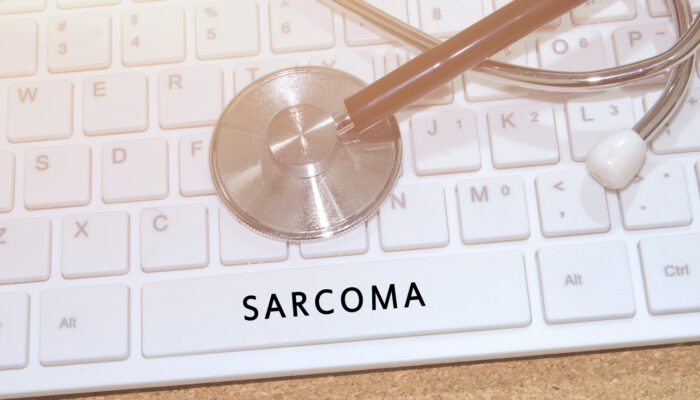
Top tax breaks for retirees
For some, the idea of retiring from work is a welcome change because you are finally free from the 9-5 routine every day. But, for many, it means living on a fixed salary that is bound to have its own limitations. This is also why revenue services are typically sympathetic to seniors and retirees. They make an effort to provide senior tax breaks for retirees and the elderly. This article mentions some of these tax breaks.
- Larger standard deduction: As a retiree, you will not need to pay taxes on a greater share of the income since you will be liable for additional standard deduction once you are 65 years old, according to IRS directives. When you are living on your own, or if you are filing as the head of a family, you may be liable for an additional deduction. When you are married and filing for joint returns you get to add additional deductions for each partner who has attained 65 years of age. So, even if one of the two partners is 65 or above, these additional deductions will be valid. With the help of this tax break measure for retirees, they will have to pay fewer taxes when income is low. It can also assist those who have already paid off mortgages.
- Dental and medical expenses: These account for a huge chunk of the expenses of retired people. When you are a retired individual and itemize personal deduction, these expenses can be deducted. Such deduction can be seen in health insurance premiums, prescription drugs, any out-of-pocket health-related expenses, insurance premiums on long-term care, and nursing home care.
- Charity: When you retire, it is likely that you will consider giving something back to your community. This is done through charitable contributions; some of these are itemized deductions but may be subject to conditions. When you have donated property instead of cash to an organization, for instance, you can deduct the property’s market value. When you donate a boat or car, however, the deduction is limited only to proceeds from the sale by the charity organization.
- Selling a property: It is also seen that seniors and retirees tend to sell off their houses and move into retirement communities or smaller homes. When you have had a large house for a long period, you will have substantial equity and you can earn profits. You will not need to pay taxes on that profit. So, if you have lived in that home for at least 2 out of 5 years prior to selling it, whatever profits you have made on that sale stay non-taxable.
- Retirement plan contributions: You may be semi-retired or completely retired, but it does not imply that you cannot make any tax-deductible contribution to retirement plans. So, you pay taxes on whatever you contribute, but once you retire, all withdrawals will be tax-free. So, you will not need to pay taxes on interests or any other income that you have earned through Roth IRA investments.
- Business expenses: For the elderly who may continue to run an enterprise or launch a new one, tax deductions will be applicable. This tax break benefits many retirees who prefer to work as a consultant part-time in some company that they may have worked in previously. So, you can deduct from the income whatever expenses you must spend for carrying on the business, provided the amounts are reasonable. For instance, costs of business equipment, business travel expenses, etc.



